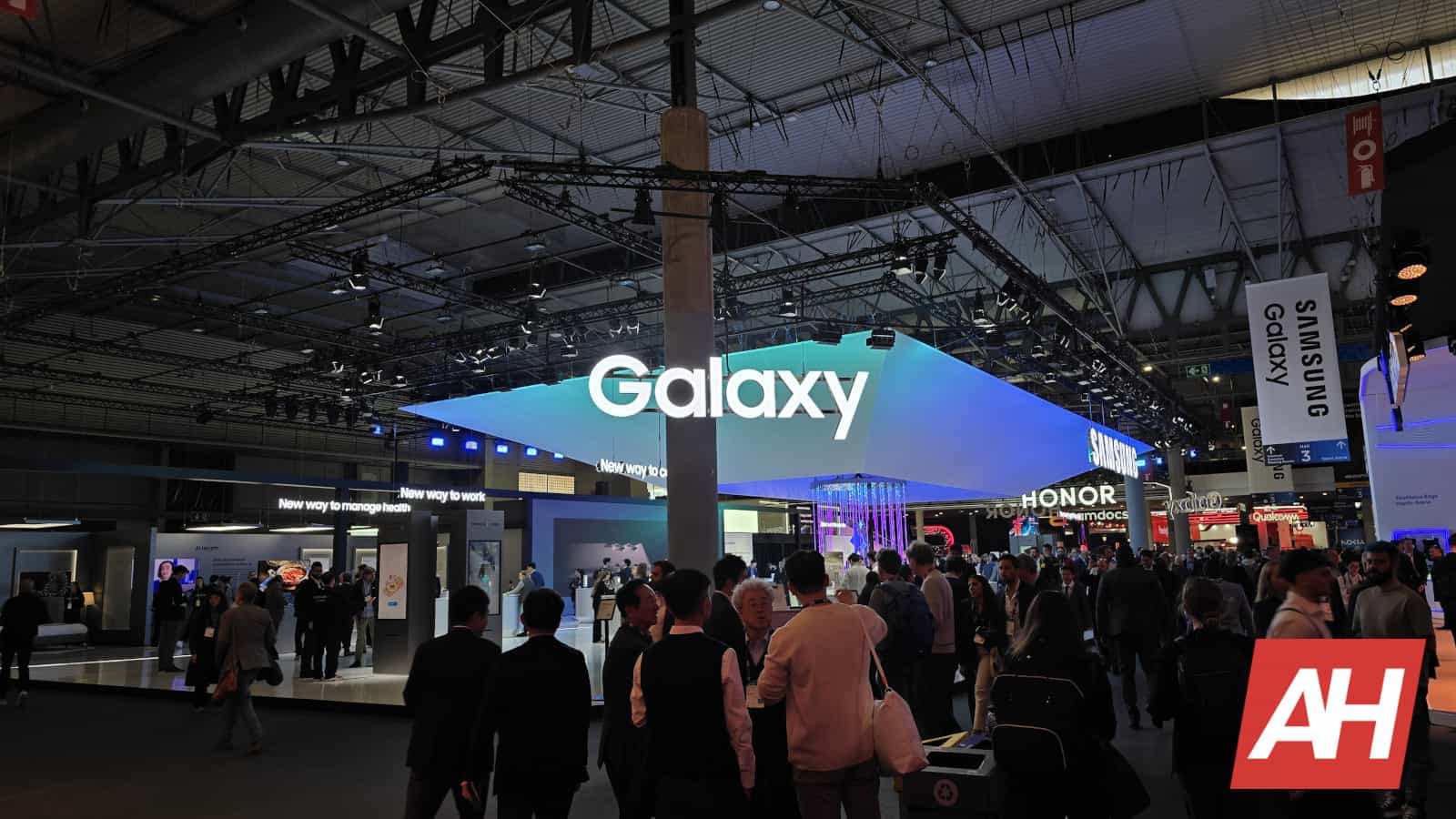Samsung Could Ship Galaxy Devices With Fewer Pre-Loaded Google Apps


Samsung, a major player in the global technology market, may ship its Galaxy devices with fewer pre-loaded Google apps as a result of Google’s proposed remedies in response to the U.S. Department of Justice’s (DOJ) antitrust lawsuit. The case revolves around Google’s alleged monopoly in the search engine market and the potential implications for Samsung‘s Galaxy devices.
Background: DOJ vs. Google
The DOJ has accused Google of leveraging its dominance to maintain a monopoly in the search engine market. Central to the lawsuit are Google’s agreements with device makers and browser companies to prioritize Google Search. The DOJ’s remedies proposal aims to introduce sweeping changes, including requiring Google to sell off key assets like Android and Chrome.
In contrast, Google has strongly opposed the DOJ’s proposals, stating that such measures would harm consumers and stifle technological innovation. To address the court’s concerns without extreme structural changes, Google has outlined its remedies, which may benefit partners like Samsung indirectly.
Key Changes Proposed by Google
Google designed its remedies to offer greater flexibility to device makers, browser companies, and end-users while complying with the court’s decision. A key aspect of these remedies grants Android mobile phone manufacturers the ability to preload Google apps independently. For example, Samsung can choose to include Google Maps or YouTube on its Galaxy devices without bundling them with Chrome or Google Search. This flexibility enables manufacturers like Samsung to diversify their preloaded app offerings by incorporating alternatives such as Microsoft OneDrive, Spotify, or proprietary software like SmartThings.
Another significant proposal centres on dynamic search engine agreements for browser companies. Google suggested that browsers like Apple, Mozilla, and Opera should be free to partner with any search engine provider they deem suitable. Moreover, these agreements could vary across platforms, such as having different default search engines for iPhones and iPads, and across browsing modes. Companies would also have the ability to update their default search engine every 12 months, providing additional adaptability.
To balance regulatory oversight with market-driven innovation, Google proposed a reduced enforcement period of three years, contrasting with the DOJ’s suggested 10-year timeline. This shorter period reflects the fast pace of technological advancements and reduces the potential for overregulation.
Finally, Google emphasized its commitment to fostering innovation and protecting user privacy. The proposed changes aim to avoid excessive government control over digital experiences while ensuring that users continue to benefit from cutting-edge advancements and secure online environments.
Impact on Samsung
If Google’s proposed remedies are accepted, Samsung could benefit from increased flexibility in preloading apps on its devices. Currently, Galaxy phones and tablets often come with a suite of Google apps due to distribution agreements. With Google’s new proposal, Samsung could reduce its reliance on these apps, offering users a more tailored experience by integrating third-party apps or enhancing its ecosystem.
For example, Samsung could ship its Galaxy devices with fewer pre-loaded Google apps and instead include its software, such as Samsung Internet or SmartThings, alongside popular alternatives like Spotify or Microsoft Teams. This diversification could strengthen Samsung’s position in delivering a unique user experience while reducing its dependence on Google’s ecosystem.
What’s Next?
Google’s remedies reflect a recognition of the rapidly evolving tech landscape, particularly with advancements in AI reshaping how people interact with technology. This dynamic environment offers companies like Samsung an opportunity to innovate and refine their product offerings.
However, the final impact of these proposals hinges on the April 2025 hearing and subsequent ruling, expected before September 2025. The DOJ’s insistence on a long-term enforcement period contrasts with Google’s focus on a shorter timeline, highlighting the tension between regulatory oversight and market-driven innovation.
If Google’s proposals are approved, Samsung will gain greater control over its devices’ software ecosystems. The flexibility to preload apps independently and diversify search engine agreements aligns with Samsung’s long-term strategy of delivering a distinct user experience.
As the legal battle unfolds, the outcome of this antitrust case will not only shape Google’s operations but also have far-reaching implications for partners like Samsung and the broader tech industry. Ultimately, the resolution of this case could redefine competitive dynamics in the digital marketplace, offering consumers more choice and innovation.
What’s your reaction?
Love0
Sad0
Happy0
Sleepy0
Angry0
Dead0
Wink0

![here’s-the-first-live-demo-of-android-xr-on-google’s-prototype-smart-glasses-[video]](https://betadroid.in/wp-content/uploads/2025/04/15926-heres-the-first-live-demo-of-android-xr-on-googles-prototype-smart-glasses-video-280x210.png)







Leave a Reply
View Comments